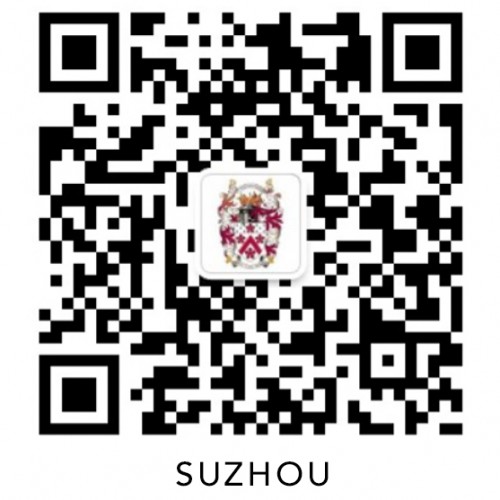Dulwich Difference Celebrated in Partnership with RSC
As a highlighted tradition, Dulwich College schools work with the Royal Shakespeare Company on an education programme every year. It is part of our Dulwich Difference – we strongly emphasise on holistic education and Drama is one of the best platforms for young people to incorporate all art forms and embark their journey to an indefinite world of self-discovery.
Despite of the past 12 months having unexpected challenges all the way through, the Dulwich College schools continue working on this program with great passion and innovation. The production this year uses the latest gaming and theatre technology together with an interactive symphonic score that responds to the actors’ movement during the show.
In light of this event, Ms Karen Morris, our Senior School English Teacher talks about her thoughts on the Royal Shakespeare Company’s Education Program which is another essential part of our collaboration with RSC.
I fell in love with Shakespeare in Year 7 and will always be grateful for his contribution to English Literature. As an English teacher, there is nothing more pleasurable than introducing the human dilemmas that he captured so beautifully in his plays. Shakespeare made it possible to find ourselves in his characters, in other worlds both magical and terrifying.
Students often fear Shakespeare. They are afraid of not understanding his language or a play’s history. Approaching his works through deconstruction of language only makes this problem worse. It is essential that the words do not simply sit on the page. Our task as English teachers is to bring words to life in the classroom, and to make the very human experiences at the heart of all his plays real and imaginable for students.
This week Dulwich College Suzhou is one of the Dulwich College schools participating in the virtual shows with the Royal Shakespeare Company. That brings my memory to the time when I took part in the Professional Learning Development programme for English and Drama teachers across the Dulwich International Schools Network through our partnership with The Royal Shakespeare Company (RSC). Over six days in the program, teachers were exposed to the RSC’s active approach to teaching Shakespeare with a programme tailored to second language learners in our unique international setting. The most valuable lesson I took from the training was to break the rules. This means that plays do not need to be taught from the beginning; that language can (and should) be simplified for students; and that physical movement and human emotions must be at the heart of the learning experience.
The RSC’s approach is to give teachers the confidence to ensure young people’s experiences of Shakespeare’s plays are rooted in the real-world work of actors and directors in the rehearsal room. Practical exercises to use in the classroom focus on various methods of voice manipulation to communicate different meanings.
The RSC Education programme and Dulwich College strongly advocate for student agency. Meaningful group work steps away from the belief that only the teacher has the answers. Instead, activities in the English classroom take place where students work together to read a scene to unlock meaning, to understand the psychological importance of words together.
Another activity that brings power dynamics to life between characters is through pair work, when one student is sitting in a chair and cannot move, while the other is free to circle them, stand over them, or encroach on their physical space. Simple lines delivered by changing position and the height of actors can suddenly sound menacing, or threatening, which the same words sat quietly on the page struggle to communicate.
While the pandemic may continue to interrupt the RSC Residency programme at Dulwich College International, the impact of previous workshops, festivals and teacher professional development will continue to feed into our classrooms where Shakespeare remains very much alive and kicking.






